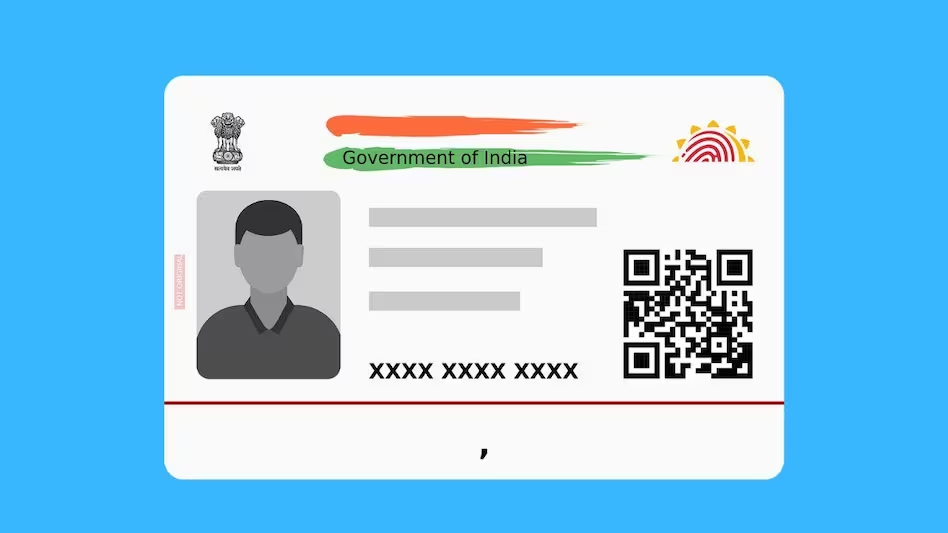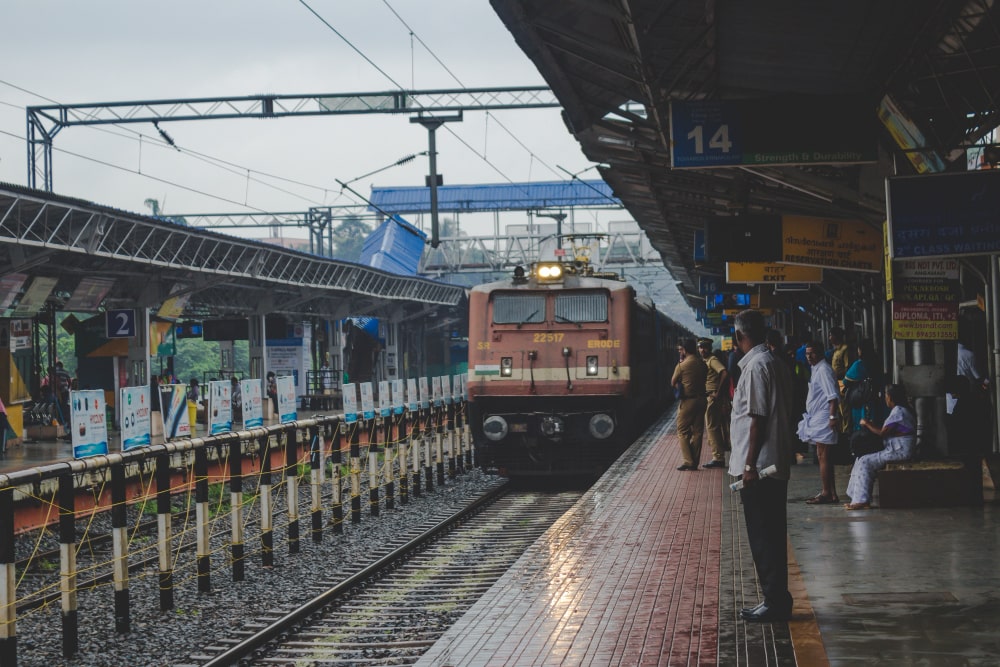

No Balance? No Problem! List of Banks Where You Can Keep ₹0 in Your Account
ICICI Bank’s Rollback After Backlash
ICICI Bank recently reversed its controversial move to impose a ₹50,000 minimum average monthly balance (MAB) for new urban savings accounts. The bank faced strong criticism from customers, social media users, and financial experts. Many argued the steep requirement excluded middle-class and small-income account holders.
After this feedback, ICICI reduced the MAB to ₹15,000 for urban branches, ₹7,500 for semi-urban, and ₹2,500 for rural. The decision reflects growing public pressure on private banks to ease such conditions.
While this rollback is a relief for ICICI customers, it also highlights a bigger trend in Indian banking — several public sector banks have scrapped MAB requirements entirely.
Public Sector Banks Leading the Way
In recent years, and especially in 2025, public sector banks (PSBs) have moved toward zero-balance savings accounts for regular customers. This aligns with financial inclusion goals and encourages more people to keep their money in formal banking channels.
Here’s how some major banks compare on MAB policies:
| Bank Name | Current MAB Requirement (Regular Savings) |
|---|---|
| State Bank of India | No minimum balance |
| Canara Bank | No minimum balance |
| Bank of Baroda | No minimum balance |
| Punjab National Bank | No minimum balance |
| Indian Bank | No minimum balance |
| Bank of India | No minimum balance |
| ICICI Bank (Urban) | ₹15,000 |
| HDFC Bank | ₹10,000 (regular) / ₹25,000 (Savings Max) |
| Kotak Mahindra Bank | ₹10,000 |
Public banks are using this change to attract more customers. Private banks, meanwhile, often argue that MAB rules help cover the costs of servicing accounts.
What This Means for Customers
If you are looking for flexibility and low costs, PSBs are now more appealing than ever. Zero-balance savings accounts can help you avoid penalties and manage cash flow better. However, private banks often offer better digital services, faster processing, and wider ATM networks.
Choosing the right bank depends on your priorities. If avoiding fees is your top concern, a PSB could be ideal. If you value premium services and can maintain the required balance, a private bank might still work for you.
Did You Know?
India’s Jan Dhan Yojana scheme has opened over 50 crore bank accounts, most with zero balance requirements. This program has significantly boosted financial access for rural and low-income households.
The ICICI case shows how customer pressure can change banking policies. With public banks removing minimum balance rules, private banks may soon face more competitive pressure to follow suit. For now, understanding each bank’s terms can save you from unexpected charges.










